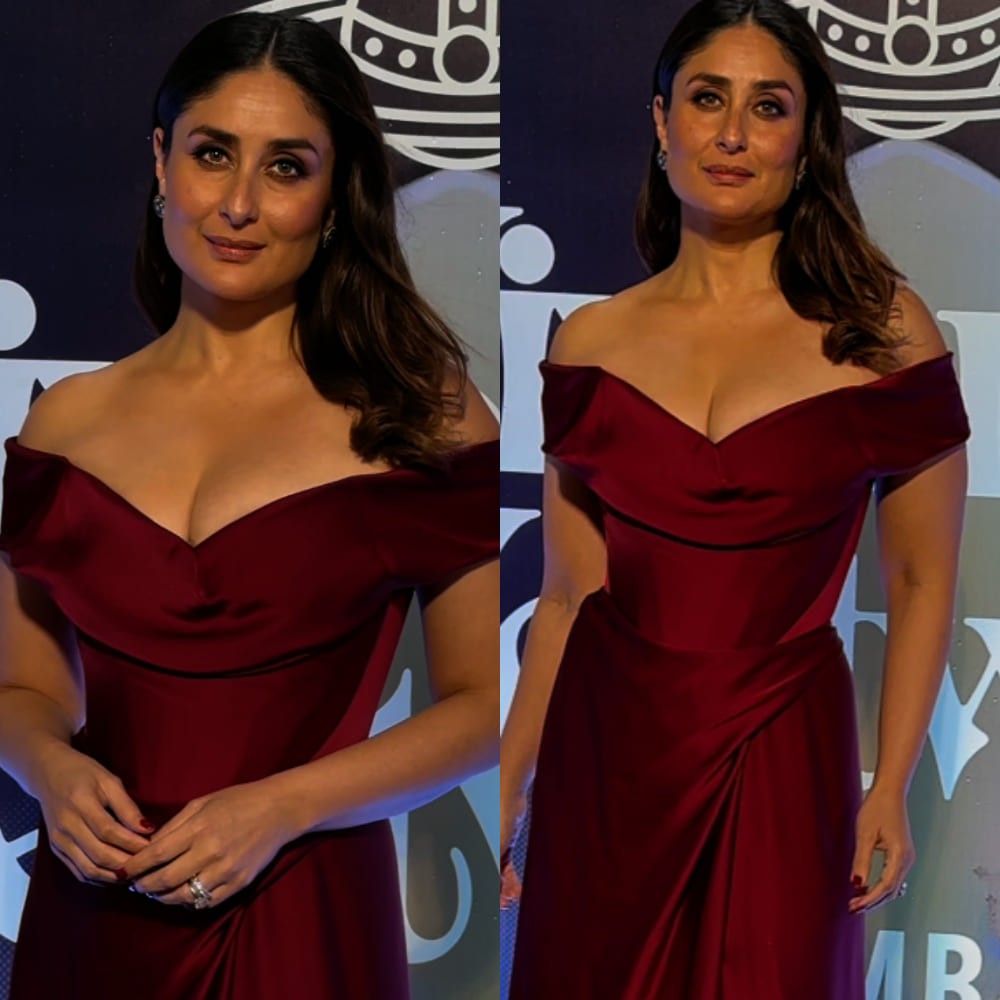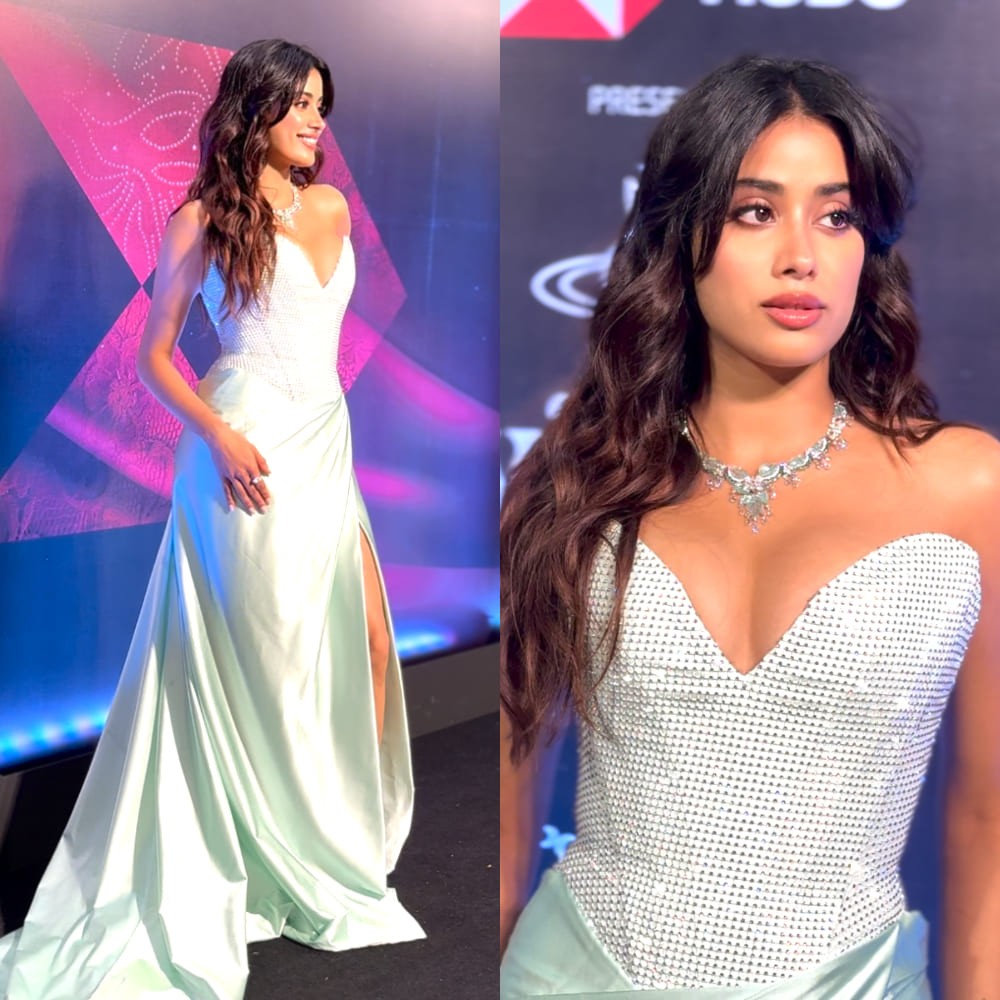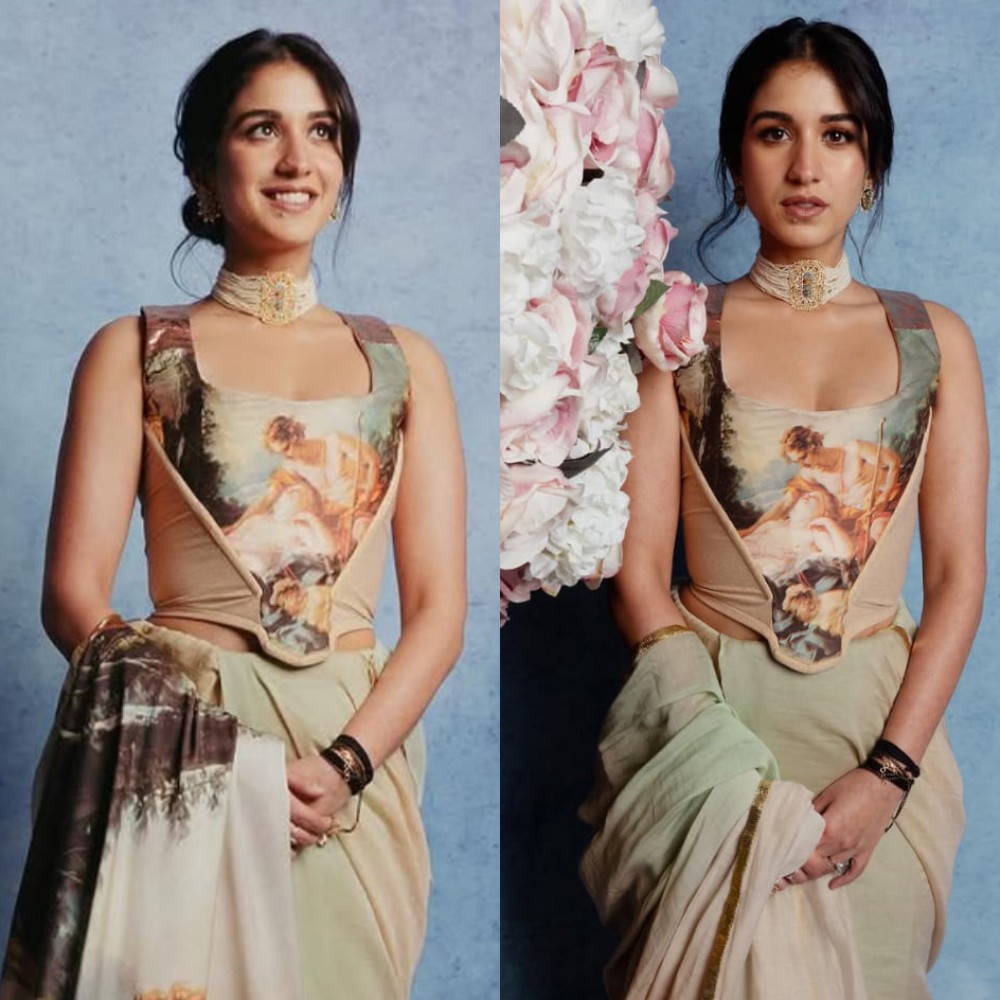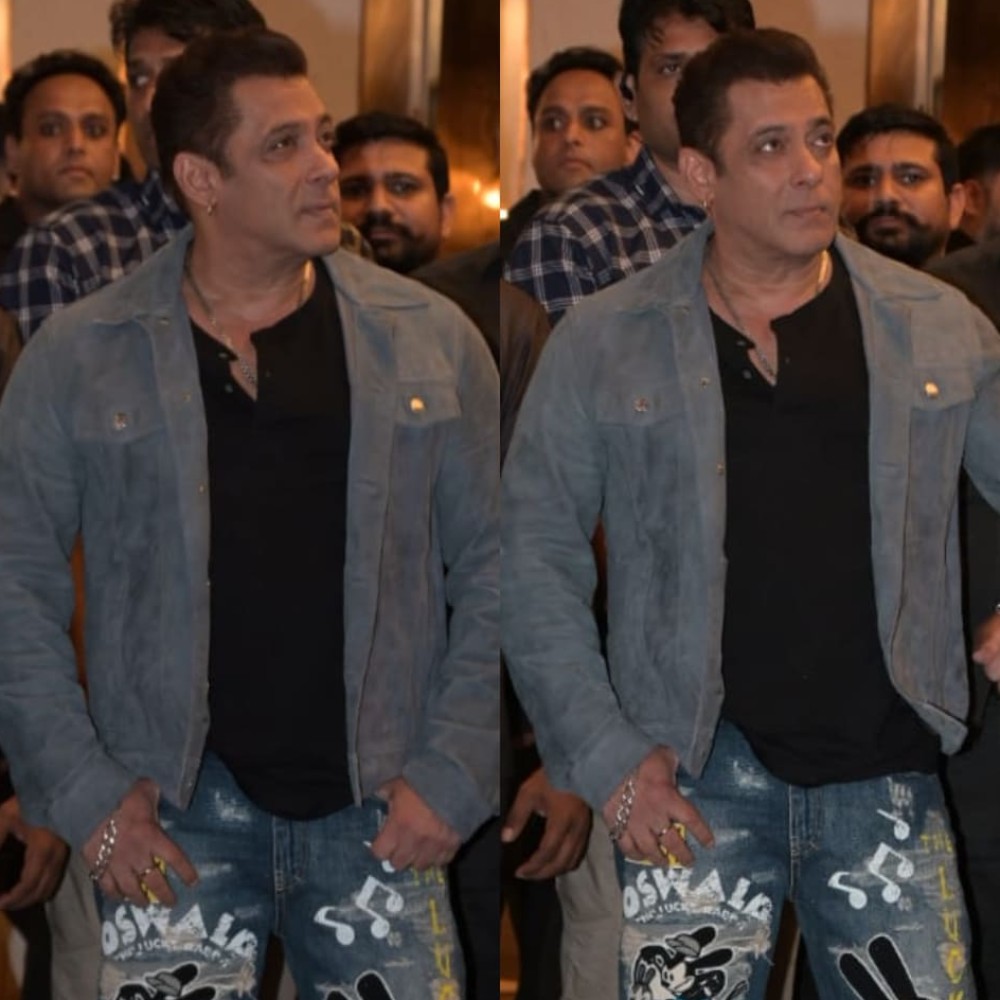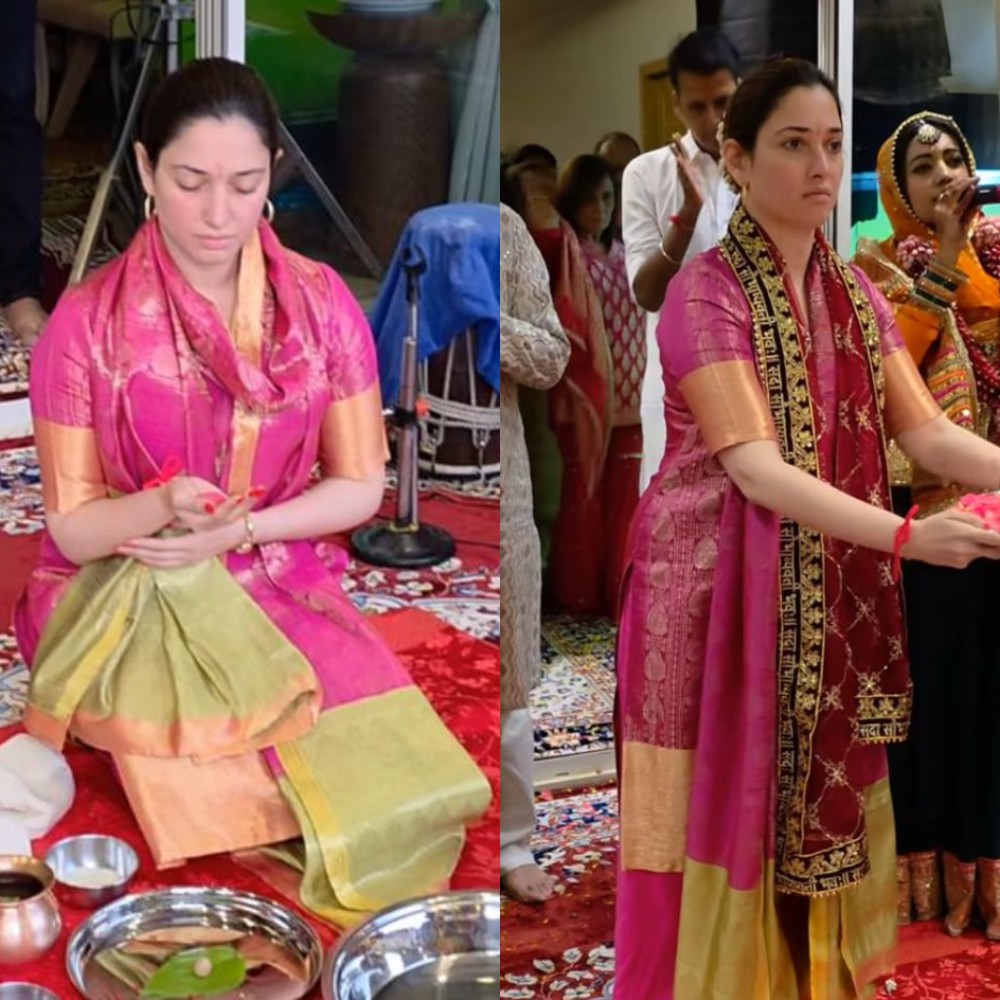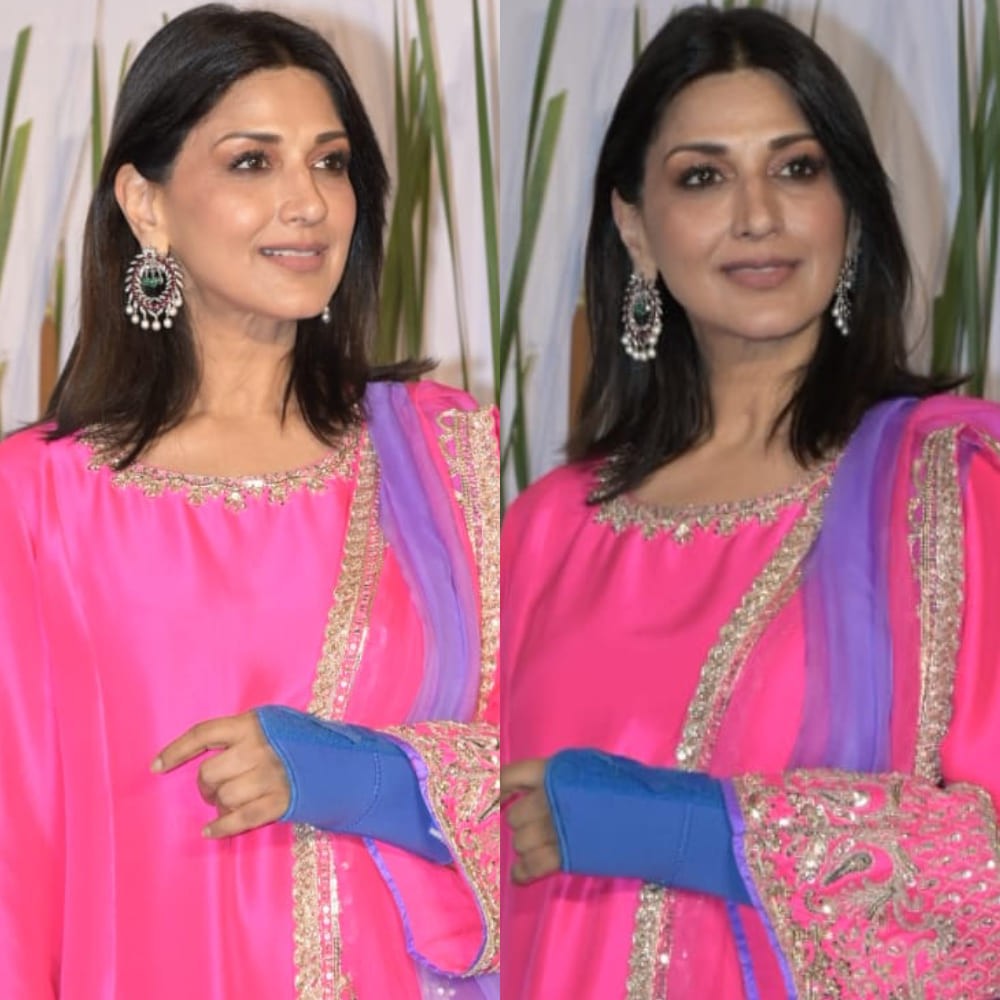INFP Compatibility: The Most And Least Compatible Matches for a Relationship
Get insight into INFP compatibility and discover the best and worst compatible personality types to find your ideal relationships and friendships.

INFP refers to one of the sixteen personalities as per the Myers-Briggs Type Indicator (MBTI) chart. So, what is INFP, you may ask? INFP stands for Introverted, Intuitive, Feeling, and Perspective. Basically, INFP people are known for their compassion, creativity, and deep emotional understanding.
They value authenticity and seek meaningful connections. In terms of INFP compatibility, these personality types are often compatible with other intuitive and feeling types, including ENFPs, ENFJs, and INFJs. These types may share similar values, emotional depth, and a preference for deep conversations and introspection.
However, while certain personality types may share common traits or communication styles that can contribute to deep emotional compatibility and a strong relationship, it is also crucial to consider individual differences and the unique dynamics of each relationship. So, let's read on to learn more about INFP personality type compatibility and find the best matches for INFPs!
Core Aspects of INFPs in Relationships

INFPs often reciprocate with a mediator personality type. This means people with INFP personality type approach romantic relationships with deep sincerity, empathy, and a focus on emotional connection. Here are some key aspects of the INFPs in relationships -
- Core Values
INFPs are guided by their strong internal value system. They seek meaningful relationships that align with their principles and ideals. They deeply care about authenticity, personal growth, and harmony in their connections with others.
- Emotional Depth
INFPs are known for their profound emotional depth and sensitivity. They invest themselves fully in relationships and value emotional intimacy. They appreciate partners who can understand and reciprocate their emotional needs.
- Empathy And Understanding

INFPs have a natural ability to empathize with others. They listen attentively and strive to understand their partner's perspective and feelings. This empathetic nature allows them to create a safe and supportive space for their loved ones.
- Idealism And Romanticism
INFPs are often dreamers and idealists when it comes to love and intimate relationships. They have a romantic view of life and seek meaningful connections. They enjoy expressing their affection and appreciate partners who share their strong sense of romance and exploration.
- Need for Alone Time
INFPs value their solitude and need time for introspection and self-reflection. Their interaction style is a bit different, and they may withdraw from social interactions, including romantic relationships, to recharge their emotional energy. Their partners need to respect their need for alone time and give them the space they require.
- Difficulty with Conflict
INFPs tend to avoid conflict and seek harmonious relationships. They may struggle with expressing their own needs and preferences, which can lead to internalized stress. Open and honest communication and a safe environment are essential for them to address conflicts and concerns and build deeper connections.
- Long-term Commitment

INFPs typically seek long-lasting and intellectual connections. They value loyalty, commitment, and shared values in their romantic partners. Once they have found a compatible match, they are likely to invest themselves fully in that relationship.
- Creative And Expressive
INFPs have a rich inner world and a strong desire for self-expression. They appreciate romantic partners who can support their creative endeavors and share their passion for art, music, or other forms of self-expression and build a healthy relationship.
Read More: 171 Intimate Questions for Couples to Learn More About Each Other
The Most Compatible Personality Types for an INFP

When it comes to INFP compatibility, some personality types tend to have better compatibility with INFPs based on shared traits and complementary differences. Here are a few best compatible personality types with INFPs -
1. ENFJ (Extroverted, Intuitive, Feeling, Judging)
ENFJs and INFPs can have a powerful and natural connection due to their shared values, traits, and complementary strengths. Both types prioritize authenticity and genuinely care about others' well-being.
The extroverted nature of ENFJs can balance the introversion of INFPs, encouraging them to engage more with the outside world and participate in social activities. In return, INFPs' deep emotional understanding and empathy can provide the support and appreciation that ENFJs seek.
2. ENFP (Extroverted, Intuitive, Feeling, Perceiving)
INFPs and ENFPs often share a deep understanding and connection due to their similar cognitive functions. Both personality types are driven by their shared values, emotions, and intuition, which can create a strong emotional bond.
ENFPs' extroverted nature can encourage INFPs to step outside their comfort zones, explore new experiences, and share their creative ideas. INFPs, on the other hand, can provide a grounding influence, reminding ENFPs to reflect on their emotions and strong values.
3. INFJ (Introverted, Intuitive, Feeling, Judging)

INFPs and INFJs share a common preference for introversion and a deep appreciation for emotional depth. While both personality types have their distinct differences, such as INFPs' flexibility and INFJs' inclination towards structure, these variations can complement each other.
INFPs’ spontaneity and adaptability can balance INFJs' desire for order, while INFJ’s insight and decisiveness can help INFPs navigate their inner thoughts and find clarity. Their shared values and ability to understand each other's emotional complexities can foster a profound and lasting relationship.
4. ISFJ (Introverted, Sensing, Feeling, Judging)
ISFJs and INFPs share similar cognitive functions but in different orders. ISFJs' practical and detail-oriented nature can complement INFPs' imaginative and creative side.
ISFJs' desire to care for and support others aligns with INFPs' compassionate nature. INFPs' ability to see the bigger picture and explore possibilities can encourage ISFJs to pursue their own aspirations and desires. Meanwhile, ISFJs' stability and attention to detail can provide a sense of security and practicality for INFPs.
5. ESFJs (Extroverted, Sensing, Feeling, Judging)

INFPs and ESFJs have different preferences and approaches to life but have the ability to become a potential match. INFPs are introspective and value authenticity, while ESFJs are sociable. Despite these differences, they can complement each other.
Both ESFJs and INFPs have a strong emotional connection, appreciate peace, and balance each other's energy levels. Overall, their compatibility depends on their willingness to understand and accommodate their differences through excellent communication skills, mutual understanding, patience, and mutual efforts.
Remember, compatibility is not solely determined by personality types. It also depends on various factors, such as individual values, interests, and personal growth. Moreover, it is crucial to focus on beliefs, communication style, future goals, and mutual understanding to build a healthy, fulfilling, and happy relationship.
The Least Compatible Personality Types for an INFP

Here are a few personality types that INFPs might find less compatible or more challenging to connect with due to differences in preferences, values, and communication styles.
- ESTJ (Extraverted, Sensing, Thinking, Judging)
ESTJs are practical and task-oriented individuals who prefer clear rules and structures. They are focused on efficiency and may prioritize tangible results over emotional considerations.
This can be quite different from the INFP's values, which emphasize personal growth, authenticity, and harmony. The INFP's tendency to make decisions based on their values and emotions might clash with the ESTJ's preference for logic and practicality. The INFP may also feel constrained by the ESTJ's need for organization and structure, preferring a more flexible and open-ended approach.
2. ISTJ (Introverted, Sensing, Thinking, Judging)
ISTJs are also practical and detail-oriented, but they are more focused on preserving traditions and following established procedures. They may find it challenging to understand or appreciate the INFP's desire for exploration, novelty, and unconventional ideas.
The ISTJ's preference for stability and structure may clash with the INFP's need for flexibility and adaptability. Additionally, the INFP's emotional depth and sensitivity may sometimes be misunderstood or undervalued by the ISTJ, leading to potential conflicts.
3. ENTJ (Extraverted, Intuitive, Thinking, Judging)

ENTJs are assertive and goal-oriented individuals who excel in strategic planning and decision-making. They often have a strong vision and are driven to achieve their ambitions. However, they may struggle to understand the INFP's introspective and empathetic nature.
The INFP's focus on personal growth, meaning, and emotional connections might be seen as less important or even impractical by the ENTJ, who tends to prioritize efficiency and productivity. This mismatch in priorities can lead to misunderstandings and difficulties in finding common ground.
4. ESTP (Extraverted, Sensing, Thinking, Perceiving)
ESTPs are outgoing, adventurous, and action-oriented individuals who enjoy spontaneity and immediate experiences. They thrive on excitement and may seek inspiration through physical activities or new challenges.
This can contrast with the INFP's more introspective and reserved nature. The INFP may find it challenging to keep up with the ESTP's fast-paced lifestyle and may feel the need for deeper emotional connections and meaningful conversations that the ESTP may not prioritize. The INFP's desire for stability and harmony might also clash with the ESTP's preference for taking risks and seeking novelty.
5. INTJ (Introverted, Intuitive, Thinking, Judging)
INFP and INTJ face compatibility challenges due to differences in perception, decision-making, emotional expression, and approach to structure. INFPs prioritize personal values and authenticity.
INTJs, on the other hand, focus on pattern recognition and future possibilities. When making decisions, INFPs consider personal values and emotions, while INTJs prioritize logical analysis and objective considerations.
Moreover, INFPs are typically expressive and value emotional connection, whereas INTJs may struggle with expressing and understanding emotions, making them less naturally aligned.
INFPs are one of the sixteen Myers-Briggs Type Indicator (MBTI) personality types. They have their unique characteristics and preferences when it comes to personal relationships and compatibility. The INFP compatibility with other personality types is complex but long-lasting. INFPs are known for their deep sense of empathy, creativity, and their desire for authenticity and meaning in their relationships. So, INFP people often seek partners who can appreciate and support their emotional depth and provide a nurturing and understanding environment.
Having said that, it is also essential to remember that INFP people are complex beings with distinctive experiences. While personality types can offer insights and guidance, they do not dictate the success or failure of your loving relationship.

120+ Questions to Ask Before Marriage And Know Your Partner Better





 JOIN OUR WHATSAPP CHANNEL
JOIN OUR WHATSAPP CHANNEL

















